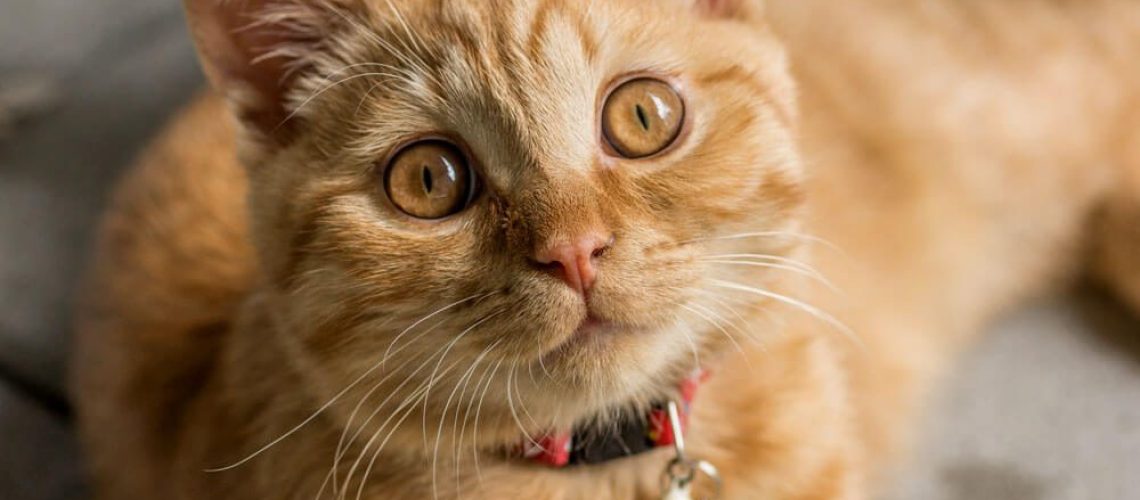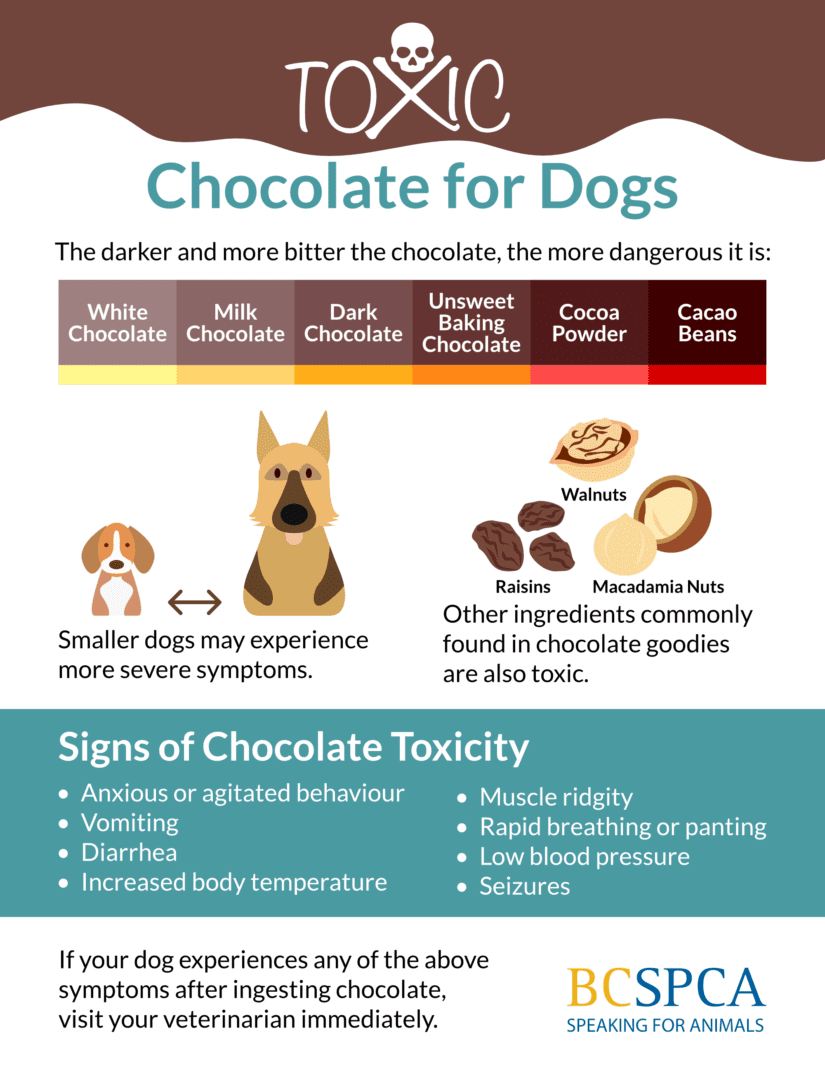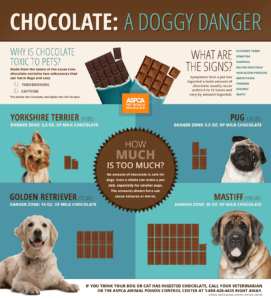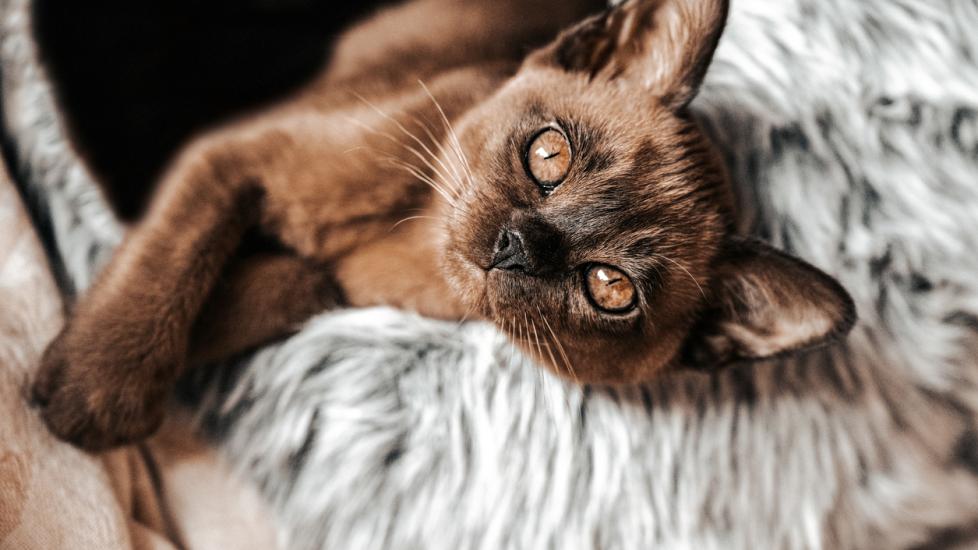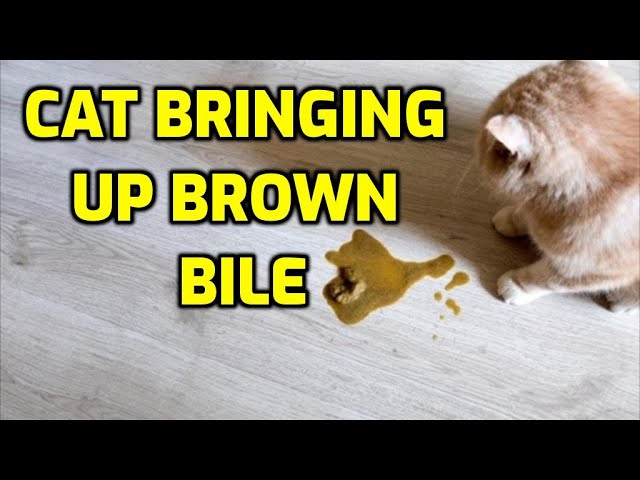Hey, cat parent! Noticed your kitty drooling like a waterfall? Don't sweat it; we've got the lowdown on why this happens and how to fix it.
The Mystery of "Why Is My Cat Drooling" Solved
For accurate info and proper care, consult a vet or qualified expert. This isn't medical advice or a diagnosis. Cats can drool due to various factors like: Excitement, Looking forward to something, Mouth pain, Feeling sick, Toxic exposure, Being scared, Physical harm, Nerve issues, Shock.
Additional causes are: Too much heat, Consuming foods like chocolate, Ingesting toxic plants, Scratching at the mouth, Finding blood in their spit.
Key Takeaways:
- Some cats drool as a normal part of their grooming routine, especially after eating or drinking.
- If a cat suddenly starts drooling excessively or has a change in drooling behavior, it may indicate an underlying health issue and should be evaluated by a veterinarian.
- Certain breeds of cats, such as Persians and Himalayans, are more prone to excessive drooling due to their facial structure.
- Drooling accompanied by other symptoms like difficulty eating, bad breath, or weight loss can be signs of dental problems or oral diseases.
- Ingesting toxic substances or plants can also cause excessive drooling in cats and requires immediate veterinary attention.
The 5 Surprising Reasons Your Cat Is Drooling
Dental Issues
First up, dental issues. If you've ever had a toothache, you know it's no fun. Cats aren't immune to dental woes either. From gum disease to oral burns and resorptive lesions, these oral issues can make your cat drool like it's their job. Bad breath and decreased appetite are often the sidekicks of dental problems. For more on feline dental issues, check out this Wikipedia article on Feline stomatitis.
Quick Fix: Regular dental cleanings are a must. Sometimes, tooth extractions are necessary to relieve pain and stop the drooling. Your vet might recommend general anesthesia for the procedure, so be prepared.
Stress and Anxiety
You're not the only one in the house who gets stressed. Cats can suffer from stress and anxiety, triggered by various factors like new environments, other pets, or even a change in their daily routine. Stress can manifest in several ways, including—you guessed it—drooling.
Quick Fix: Stress-reduction strategies are your best bet here. Consider using pheromone sprays or diffusers. Creating a safe space for your cat can also help them relax and reduce drooling.
Toxins and Poisoning
Cats are curious by nature, and this curiosity can sometimes lead them into trouble. From nibbling on toxic plants like lilies to ingesting harmful substances like antifreeze, these actions can lead to poisoning and excessive drooling as a symptom.
Quick Fix: Toxin-proof your home. Keep poisonous plants and substances far from your cat's reach. If you suspect poisoning, immediate veterinary intervention is crucial.
Medical Conditions
Medical conditions like kidney disease, gastrointestinal issues, and even hyperthyroidism can cause drooling. If the drooling is accompanied by other symptoms like vomiting, lethargy, or changes in urine content, it's time for a vet visit.
Quick Fix: Diagnosis and medical treatments are essential. Your vet might recommend a series of diagnostics, including blood testing, urine testing, and even abdominal ultrasounds.
Simple Pleasure
Sometimes, drooling is a sign of a happy, content cat. When your cat is relaxed, perhaps while kneading or purring, drooling can occur. For more on why cats do what they do, check out this Wikipedia article on Cat Behavior.
Quick Fix: No action needed. Just enjoy the adorable moment and maybe wipe away the drool with a soft cloth if it bothers you.
Quick Fixes for Each Reason
Dental Care Tips
So, your cat's got some dental issues causing the drool fest? No worries. Regular dental cleanings can make a world of difference. Consider dental toys or treats designed to clean your cat's teeth. Some cats even tolerate a good old toothbrush. If your cat has oral ulcers or gum disease, antibiotics might be prescribed.
Stress-Reduction Strategies
If stress is the culprit, let's nip it in the bud. Calming sprays or diffusers with synthetic feline facial pheromones can work wonders. Soft music or white noise can also help. If your cat's stress is due to a new environment, give them time to adjust and provide a safe space filled with familiar objects.
Toxin-Proofing Your Home
You've got to make your home a safe haven. Keep toxic plants and chemicals locked away or out of reach. If you suspect your cat has ingested something toxic, don't wait. Immediate vet intervention can be a lifesaver, literally. Your vet may perform lab work to determine the toxin's impact on organ function.
Medical Treatments
If a medical condition is causing the drooling, you're looking at a different ball game. Treatments can range from medications to manage symptoms to more intensive interventions like surgical procedures for oral injuries or resorptive lesions. Your vet might recommend a treatment plan based on diagnostics like blood and urine tests or even abdominal x-rays.
When Drooling is Harmless
Sometimes, drooling is just a sign your cat is in seventh heaven. If your cat is kneading, purring, or showing other signs of contentment, just enjoy the moment. You can always wipe away the drool with a soft cloth if it's too much.
Expert Tips: What Vets Say About Cat Drooling
Veterinarians often recommend keeping an eye on any changes in your cat's behavior, including drooling. Regular check-ups and wellness exams can catch issues early. If your cat is drooling due to a medical condition like renal disease or pancreatitis, ongoing treatment and supportive care are essential. Your vet may also recommend specific diets or medications to manage the condition.
Why do cats sometimes drool?
Cats may drool for various reasons, and it is usually nothing to worry about. One common reason is that cats produce more saliva when they are excited or happy. So, if your cat is purring and cuddling with you, it might start to drool a little. This is completely normal and just means that your cat is feeling content.
Another reason for cat drooling could be related to their grooming habits. Cats groom themselves by licking their fur, and sometimes they swallow a bit of their own saliva in the process. This can cause them to drool slightly. It's just their way of keeping clean!
Is it normal for cats to drool when they are happy or content?
Yes, it is perfectly normal for cats to drool a little when they are happy or content. When cats are feeling relaxed and comfortable, they may start to purr and knead on soft surfaces like blankets or your lap. This can stimulate the production of saliva, causing them to drool a bit.
If you notice your cat drooling while being petted or during cuddle sessions, it's a good sign that they are enjoying the attention and feel safe in their environment. It's like a kitty version of smiling!
Common reasons for excessive drooling in cats
Sometimes, cats may experience excessive drooling which could indicate an underlying issue. Here are some common reasons why this might happen:
- Dental problems: Cats can develop dental issues such as gum disease or tooth infections that cause pain and inflammation in their mouths. This discomfort can lead to excessive salivation and drooling.
- Nausea or upset stomach: If your cat has eaten something that doesn't agree with them or is experiencing an upset stomach, it may drool excessively as a result.
- Heatstroke: Cats can overheat in hot weather, and one of the signs of heatstroke is excessive drooling. This is a serious condition that requires immediate veterinary attention.
Can health issues cause excessive drooling in cats?
Yes, certain health issues can cause cats to drool excessively. While occasional drooling is usually harmless, if you notice a sudden increase in drooling or if your cat is dripping saliva, it's important to consider potential health problems:
- Oral infections: Infections in the mouth, such as stomatitis or abscesses, can lead to excessive salivation and drooling.
- Toxicity: Cats are curious creatures and may accidentally ingest something toxic. Certain substances like household cleaners or plants can cause excessive drooling as a reaction.
- Respiratory problems: Respiratory infections or obstructions can make it difficult for cats to swallow properly, resulting in excess saliva and drooling.
Distinguishing between normal and worrisome levels of cat drooling
It's essential to know what is considered normal when it comes to cat drooling so that you can identify any potential issues. Normal cat drooling includes small amounts of saliva that do not interfere with their daily activities. However, there are some signs that may indicate excessive drooling:
- Drool dripping from the mouth continuously
- Sudden increase in the amount of saliva produced
- Drool stains on fur or bedding
- Cat seems uncomfortable or in pain while eating or drinking
If you notice any of these signs, it's best to consult with a veterinarian to rule out any underlying health problems.
Signs to look out for if your cat is drooling excessively
If your cat is drooling excessively, there are some additional signs you should watch for:
- Loss of appetite or difficulty eating
- Swelling or redness in the mouth or gums
- Bad breath
- Lethargy or decreased activity levels
If you notice any of these symptoms along with excessive drooling, it's important to seek veterinary attention as soon as possible. They can help determine the cause and provide appropriate treatment.
Preventing and managing excessive cat drooling at home
To prevent and manage excessive cat drooling at home, there are a few things you can do:
- Maintain regular dental care: Brushing your cat's teeth regularly can help prevent dental issues that may lead to excessive drooling.
- Provide a balanced diet: Feeding your cat a high-quality diet that promotes good oral health can reduce the risk of dental problems and subsequent drooling.
- Keep toxic substances out of reach: Ensure that household cleaners, chemicals, and plants that are toxic to cats are safely stored away.
- Monitor your cat's behavior: Keep an eye on your cat's eating habits, activity levels, and overall demeanor. Any changes could indicate an underlying issue causing the excessive drooling.
When to seek veterinary help for excessive cat drooling
If your cat is experiencing persistent or severe excessive drooling, it's important to seek veterinary help. A veterinarian can examine your cat, identify the underlying cause, and provide appropriate treatment. You should also consult a vet if you notice any of the following:
- Loss of appetite or weight loss
- Difficulty swallowing or breathing
- Bleeding from the mouth
- Signs of pain or discomfort
Remember, it's always better to be safe and have a professional assess your cat's condition.
Can regular dental care reduce the chances of excessive cat drooling?
Yes, regular dental care can help reduce the chances of excessive drooling in cats. Good oral hygiene is crucial for maintaining healthy teeth and gums. Here are some tips for keeping your cat's mouth in good shape:
- Brush their teeth: Use a toothbrush and toothpaste specifically designed for cats to brush their teeth regularly. Start slow and gradually increase the duration as your cat gets used to it.
- Provide dental treats or toys: There are various dental treats and toys available that can help clean your cat's teeth while they chew on them.
- Schedule regular dental check-ups: Regular visits to the veterinarian for dental examinations can catch any potential issues early on and prevent excessive drooling due to oral problems.
Taking care of your cat's dental health not only reduces the risk of excessive drooling but also contributes to their overall well-being.
Conclusion
So, we've covered a lot of ground here. Whether your cat's drooling is a simple sign of contentment or a red flag for something more serious, you're now equipped to handle it. Keep an eye out for any changes and consult your vet for a proper diagnosis and treatment plan.
When should I worry about my cat drooling?
If your cat is drooling, it could be a sign of pain or inflammation in their mouth. This could be caused by conditions like stomatitis or gum disease. It is recommended to consult with a veterinarian to determine the cause and seek appropriate treatment.
Why is my cat drooling excessively but acting normal?
Excessive drooling in cats is typically a result of their excitement, nausea, or oral health problems. The saliva may appear clear, white, or yellow and there could be bubbles present. If a cat is experiencing excessive drooling, it is crucial to seek veterinary assistance to determine the root cause.
Is a cat sick if it drools?
Although a small amount of drool is normal for cats, excessive drooling may be a sign of illness. Here are some possible causes of excessive drooling in cats, as well as recommended treatments. One cause could be mouth disease or tooth decay. The buildup of tartar can irritate the inside of the cat's lip and lead to excessive drooling.
Do cats drool when they are sick?
Similar to humans, cats can also experience colds and nasal congestion. When cats are sick, they tend to drool more. Cats can contract upper respiratory infections, which may result in excessive drooling. If you suspect that your cat is drooling due to an infection, it is important to schedule a veterinary appointment.
What does stomatitis look like in cats?
FCGS causes the affected areas in the mouth to become bright red, prone to easy bleeding, and possibly have a bumpy texture similar to cobblestones. Cats suffering from FCGS experience significant pain and may struggle with chewing and eating. They may also exhibit weight loss, bad breath, excessive drooling, oral bleeding, and may frequently paw at their mouths.
Can dehydration cause drooling in cats?
Additional signs of dehydration, which can vary depending on the extent of fluid depletion, consist of sunken eyes, parched gums, excessive saliva, or heavy breathing.



